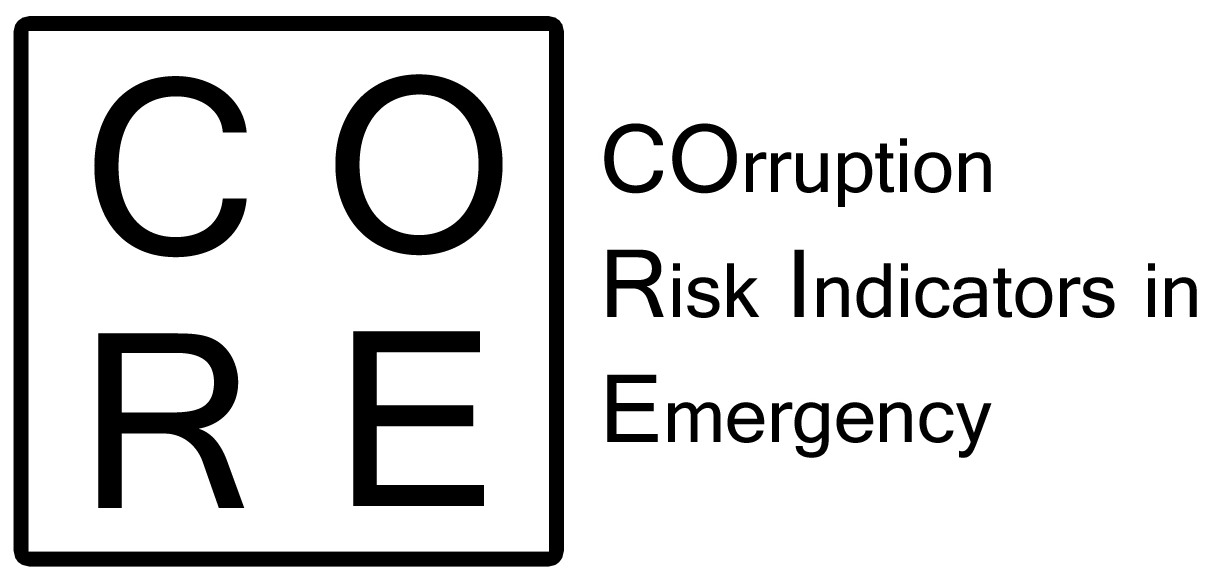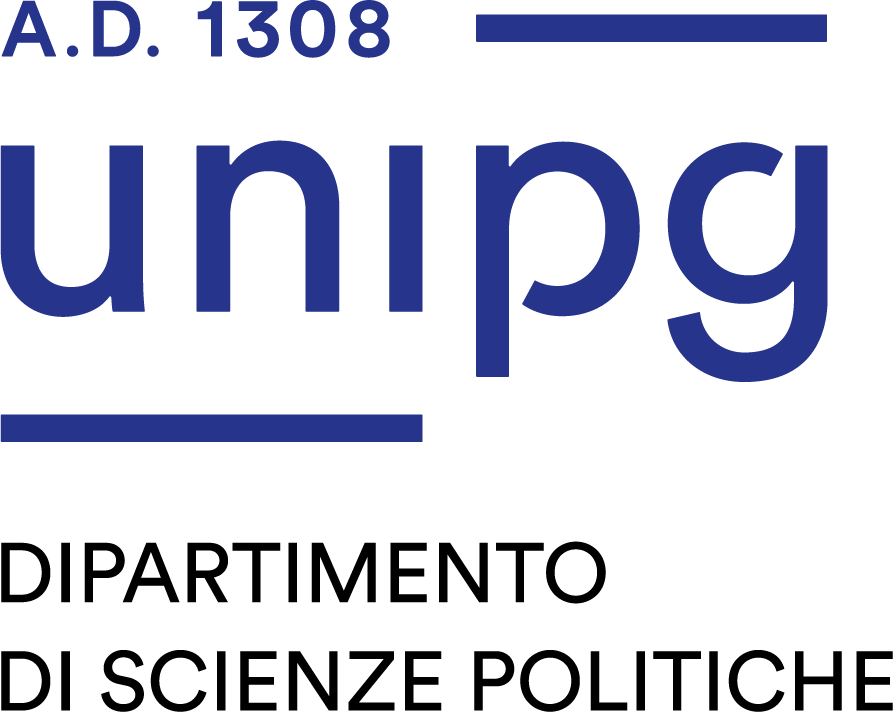
The University of Perugia, founded in 1308, is one of the oldest universities in Italy and one of the most accredited, offering a wide variety of courses in all fields at the under-graduate, post-graduate and Phd levels. The Department of Political Science of the University of Perugia is among the 180 Departments of Excellence selected for 2018-2022 by MIUR, the Italian Ministry of Education and Research.
The Department leads the inter-departmental Centre of studies and advanced education on Legality and Participation (LEPA), which carries out research and education in five main areas: quality of institutions, public ethics, policies against corruption; participatory and deliberative democracy; legality and integration among cultures; legality, social rights and social welfare in Europe; legality and participation in the democratization process.
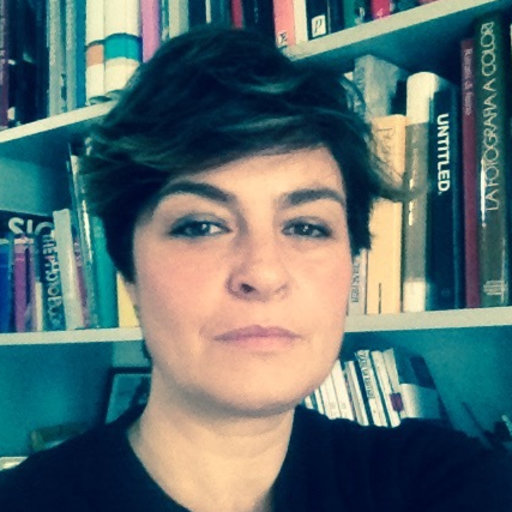
Michela Gnaldi is Associate professor of Applied Statistics at the Department of Political Sciences of the University of Perugia. She is the PI of the CO.R.E project, and consultant of the Italian National Anti-Corruption Authority and of other national and international agencies (i.e., UNHCR, World Bank). Since 2016, she leads a thematic area within the Italian Association for Quality of Life (AIQUAV) on Contrast to corruption, social integrity and quality of life. She is member of the steering committee of the University of Perugia inter-departmental Centre of studies and advanced education on Legality and Participation (LEPA). She is the official representative of the University of Perugia within the ECPR – European Consortium for Political Research – and its standing group on (Anti-)Corruption and Integrity.
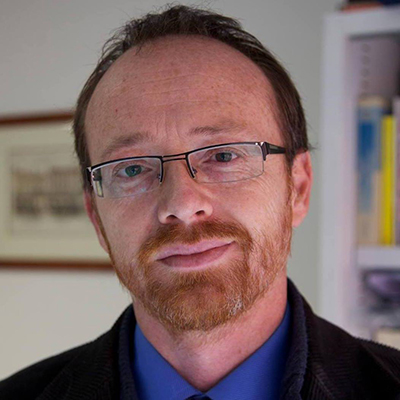
Enrico Carloni is full Professor of Administrative Law in the Department of Political Science at the University of Perugia. He’s the director of the LEPA “Legality and Participation” Centre and coordinator of the Degree program in Political Science and International Relations and of the Master’s degree in Administrative Science. He is a lawyer, with a PhD in Public Law from the University of Bologna. He was PI of European projects founded by Hercules II and Hercules III Program (“Apta-Mod”, on the definition of models of administrative prevention of corruption, 2020-2022; ““Fighting corruption through administrative measures”, 2016-2018)). From 2017 to 2020 he was appointed expert to the Italian National Anti-Corruption Authority (ANAC).
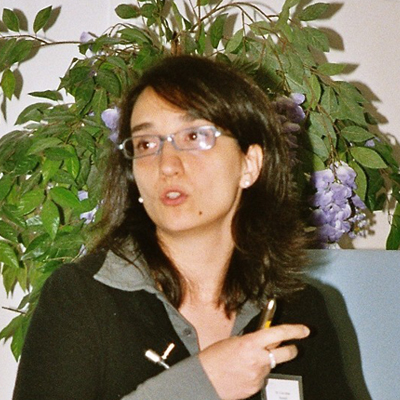
Maria Giovanna Ranalli is Associate Professor of Statistics at the University of Perugia (Italy). She has participated in many national and international research projects and has (co)-authored more than 100 scientific publications, most of which in international statistical journals (Researcher ID: M-4761-2013; ORCID: 0000-0001-7005-8572). In particular, her research interests focus on statistical methods for inference for finite populations and on their socio-economic, environmental and health applications.
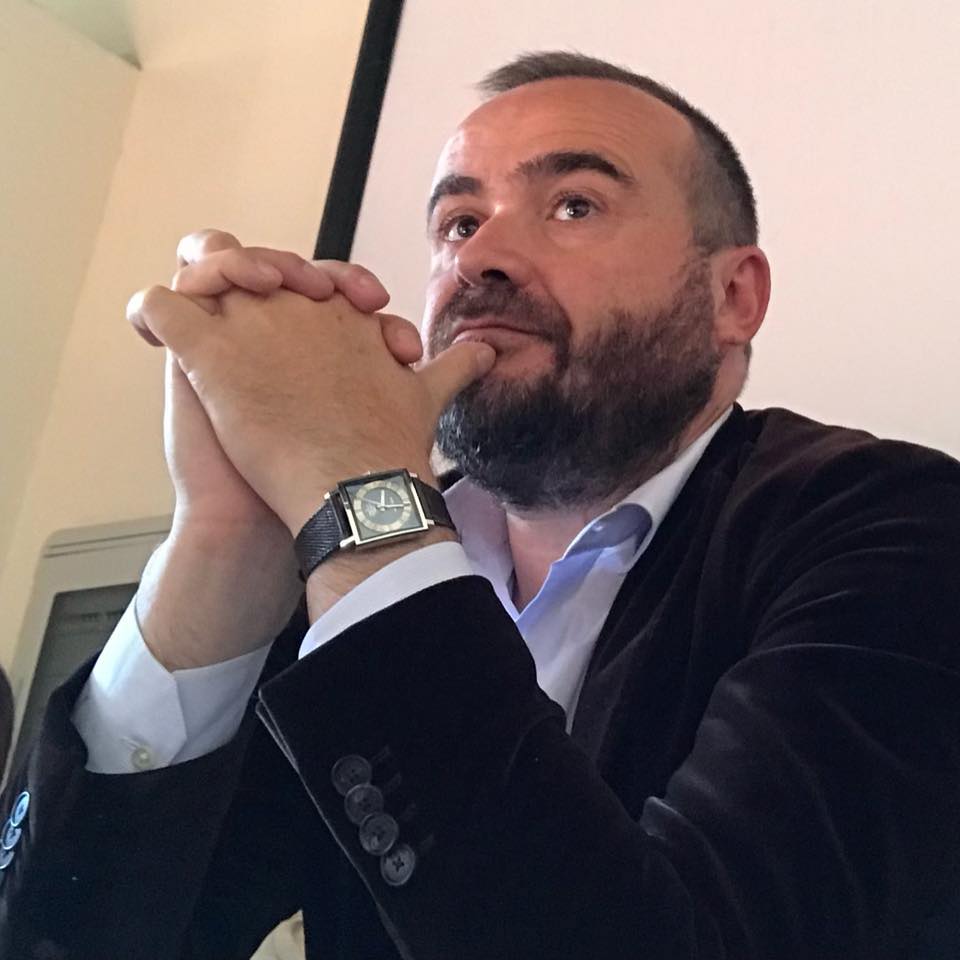
Marco Mazzoni is an Associate professor in communication sociology at the Department Political Sciences of the University of Perugia. He teaches lobbying, public relations and mass media in the course of communication sciences. His work has been published in European Journal of Communication, Journalism, Celebrity Studies, International Journal of Press Politics, International Journal of Cultural Studies, European Journal of Cultural Studies, Perspectives on European Politics and Society, Journalism Studies, Problemi dell’Informazione, among others.
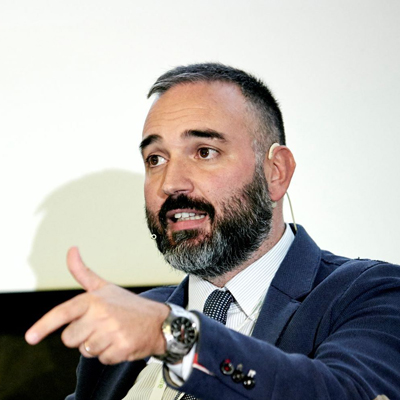
Benedetto Ponti is Associate Professor of Administrative Law at the Department of Political Science, University of Perugia, where he teaches Administrative Law and Digital Media Law. He is director of the Master’s degree in Experts in Planning and Management of Anticorruption and Transparency he is a member of the Cyber Security National Lab – UniPg Node and an external expert of the National Anti-Corruption Authority for the formulation of indicators for the prevention of administrative corruption.
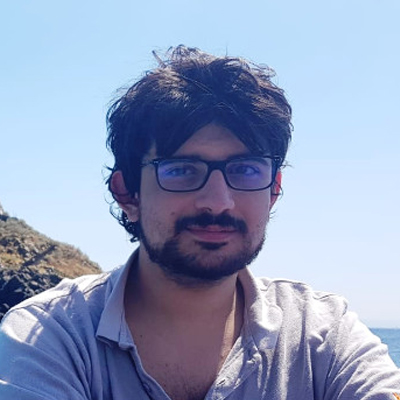
Giulio Giacomo Cantone holds a PhD in Complex Systems, and his research is focused on text mining, network-based models, fraud detection management, and statistical methods for the estimation of uncertainty in scientific inference. He is interested in anything related to information management and the application of statistical modelling and data science to decision-making

Niccolò Salvini is currently a PhD in Healthcare data science at Università Cattolica del Sacro Cuore, Rome. Previously, he has been a freelancer, delivering machine learning and data pipelines as well as web development with R and Python frameworks. His research interests range from spatial statistics and data quality to deep learning.
He is involved in the CO.R.E. project in the quality of Data Scientist.

Luigi Pianesi is a lawyer in the field of Administrative Law. He has obtained a Ph.D. in Regional and Local Authorities at the Università Politecnica delle Marche. He has been lecturer of Economic Law and of Public Procurement and Construction Law. He has authored publications in the field of public and administrative law with focus on local banking, public contracts, credit rating agencies, renewable energies and planning law.
He is involved in the CO.R.E. project in the quality of Assistant Researcher in the field of administrative and public procurement law.
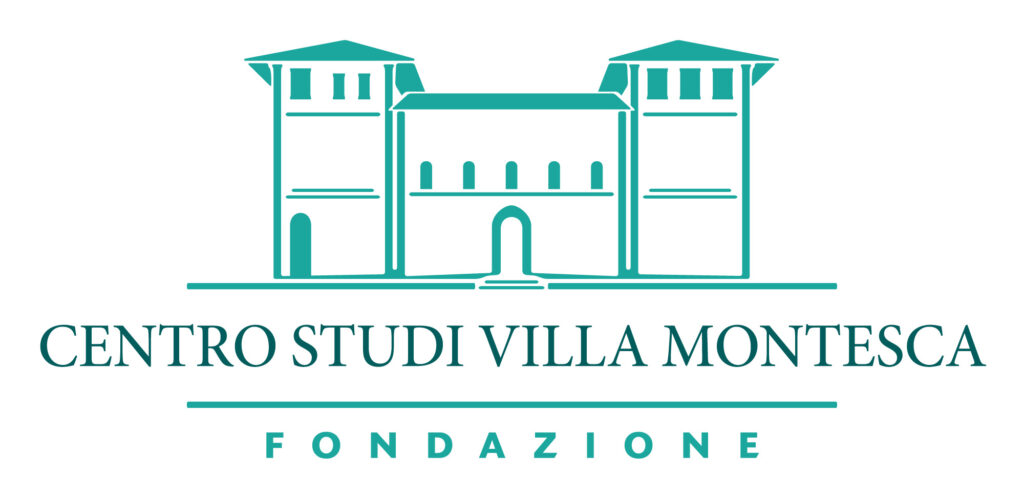
Fondazione Hallgarten-Franchetti Centro Studi Villa Montesca
Non-profit organization and research body particularly experienced in methodological support of EU funded project, with its solid 25 years of experience. FCSVM counts on a wide network of stakeholders at national, European and international level thus being able to maximize impacts and disseminate project results. FCSVM has a wide experience in the coordination and participation in European projects addressing in particular the participatory process as one of the main instruments for democratic inclusion. The work of FCSVM focuses on establishing European and national networks aimed to support the educational environment in all its forms. FCSVM is nowadays internationally renowned for top quality research and training in teacher training, information technology and communication, education for European integration and regional cooperation in the field of education and culture at local, regional and European level.

Fabrizio Boldrini,
Graduated in Law by the University of Perugia, Italy.Master degree in “Strategic and local marketing” – Rennert school Peace University, NY, USA. Master degree in “Economy, politics and law in European Communities” -SEU (Servizio Europa) in Perugia. Director of Fondazione Centro Studi Villa Montesca.

Maria Rita Bracchini,
Graduated in Economics and Bank management (University of Siena). MhD in Environmental Economics. Expert in European project management and evaluation. Head of the Education and European Cooperation Unit in Fondazione Villa Montesca.

Virginia Marconi,
Graduated in Communication of International Institutions. Specialization course for Expert in supporting the active European citizenship. PM in the Unit of training, research and European projects of Centro Studi e Formazione Villa Montesca since 2007. Planning, management and carrying out of European research projects.

Info.nodes is a non-profit organization established by a group of journalists and activists who believe in a free, fair and open society, where injustices and inequalities are opposed by active citizens. info.nodes promotes the work of researchers, investigative journalists, activists, civic technologists, artists and anyone who shares their vision. Info.nodes takes part in several national and international campaigns and coalitions.
The main goal of info.nodes is to promote social changes through the empowerment of citizens with respect to issues of public interest.
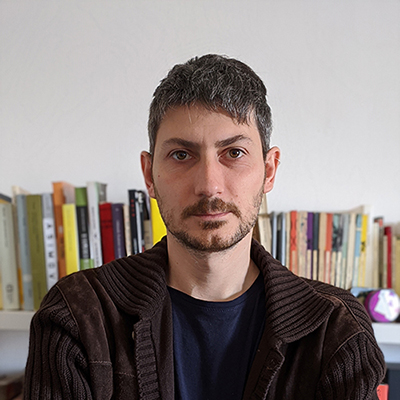
Davide Del Monte, founder of info.nodes, is an anti-corruption expert, researcher and activist. Davide is specialised in the design and enforcement of anti corruption & transparency policies, in campaigning and advocacy. He was president of the independent Commission of the city of Milan for whistleblowers (from April 2018 to April 2021) and was executive director of Transparency International Italia until December 2020. He also collaborates with other NGOs in the field of transparency, accountability and protection of civil and digital rights.
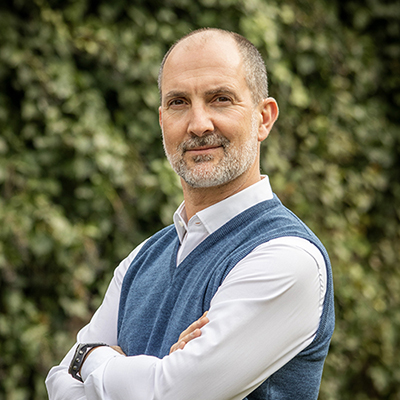
Lorenzo Segato, PhD in criminology, head of research at RE-ACT, anti-corruption expert. Scientific coordinator of research projects for the European Union, consultant for the OECD, the Italian Anti Corruption Authority, some Italian universities, several public and private hospital and healthcare organizations.

Universitat Oberta de Catalunya
The UOC was created in 1995 as the world’s first university with a virtual campus, which allowed its students to study at any time from any location. The University continually uses cutting-edge e-learning research and innovation to refine the UOC methodology. This is possible thanks to UOC R&I and its 50 plus research groups, as well as the eLearning Innovation Center, which drives educational innovation at the UOC. Furthermore, as pioneers and leaders in education’s digital transformation, the UOC lends its knowledge and experience to education administrations in need of them.
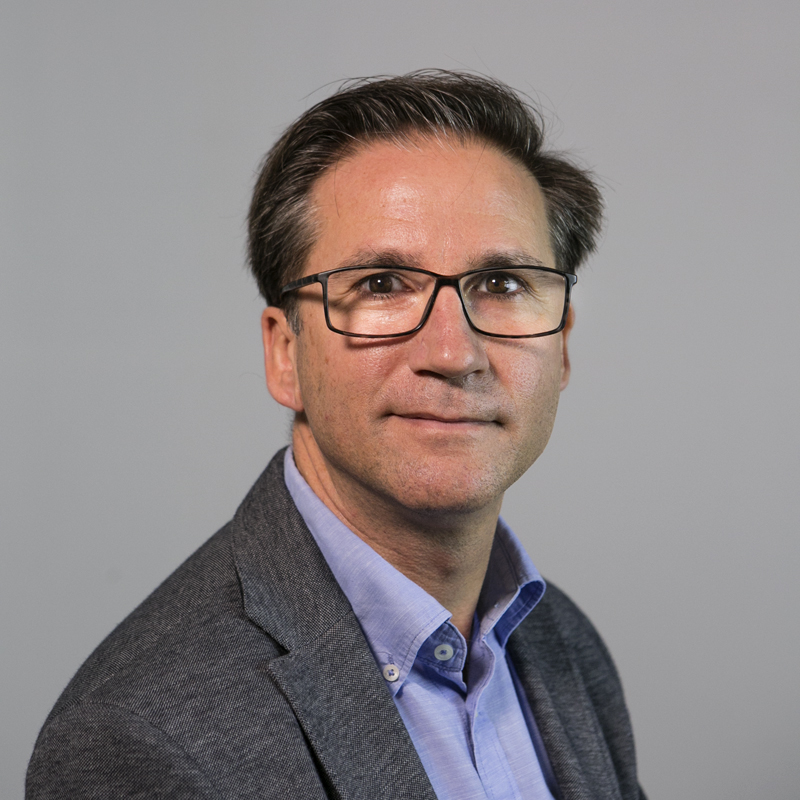
Agustí Cerrillo-i-Martínez
Full Professor of Administrative Law at Universitat Oberta de Catalunya (Spain). Member of the Legal Advisory Commission of the Administration of the Generalitat de Catalunya. He has been the Ombudsman of the Universitat Oberta de Catalunya, Dean of the Law and Political Sciences School and Programme Director of the Law Degree.
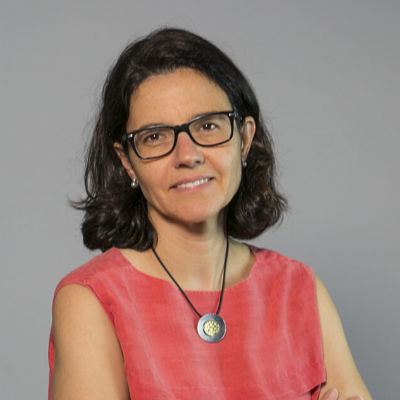
Mònica Vilasau-Solana
Lecturer of Civil Law at the Universitat Oberta de Catalunya (UOC). PhD (2015) University of Barcelona, with her thesis on Consent and data protection. Her fields of expertise are: privacy and data protection; consumer law and the rights of persons with disabilities.
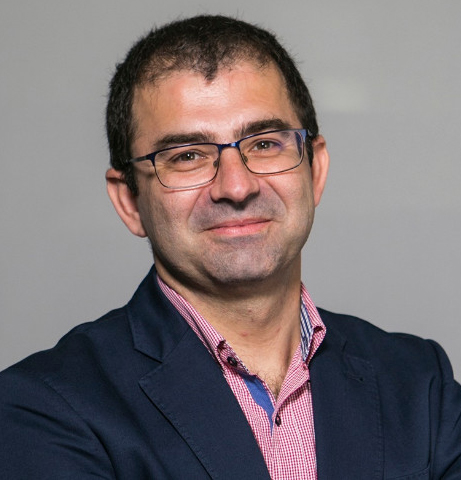
Ramon Galindo
Associate professor of Administrative Law at the Open University of Catalonia. BA in Political Science and Sociology (UPV-EHU, 1999), MA in Public Management (UPF-UAB-ESADE, 2003), and PhD in Law (UB, 2012). His research areas include local government law, interregional cooperation, transparency and civil service law.
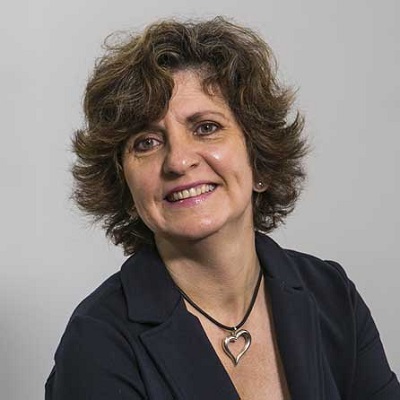
Blanca Torrubia
Associate professor of Commercial Law at the Open University of Catalonia (UOC). Director of the master’s degree in Conflict Management and Resolution. Fields of specialization: Civil Liability, Commercial contracts, Smart contracts, Industrial Property Rights, Bankruptcy Law, UAS.

Oficina Antifrau de Catalunya has a large experience both in investigating specific irregularities in public procurement at local and regional level, and in designing and implementing actions to prevent fraud and corruption in PP and fostering integrity in this area.

Portuguese Chapter of Transparency International global coalition against corruption. Established in September 2010, is an accredited Non-Governmental Development Organization, Civil Society Focal Point (CSFP) for the Community of Democracies, and a member of Tax Justice Network, Whistleblowing International Network, and Open Government Partnership Portugal. It is the only NGO working in Portugal on research, information sharing, and awareness-raising about the causes and consequences of corruption and poor governance. Advocating for public transparency and accountability on behalf of a more participatory and inclusive democracy develops projects and practical tools to foster civic monitoring and engagement towards integrity, human rights, and sustainable development. Since 2016, TI Portugal is piloting the first Integrity Pact in the country, under an EU funded project led by TI aimed at safeguarding EU funds through civic monitoring and increased accountability standards, therefore it is now the reference contact point for best practices regarding public procurement and risk assessment related to corruption and the misuse of public funds.
One of the key features of TI Portugal’s work in this area has been showcasing the positive impact of open contracting data standards for preventing and detecting corruption, the same time it strengthens performance monitoring and accountability, and the level of trust of citizens. This is especially needed during the pandemic, where emergency procurement assumes a key role.
Over the last year, and since the pandemic started, TI Portugal complemented its work under the IP with an awareness-raising and outreach campaign on clean contracting and launched the first COVID-19 emergency procurement online dashboard based on the data collected from the Portuguese Public Procurement Portal.
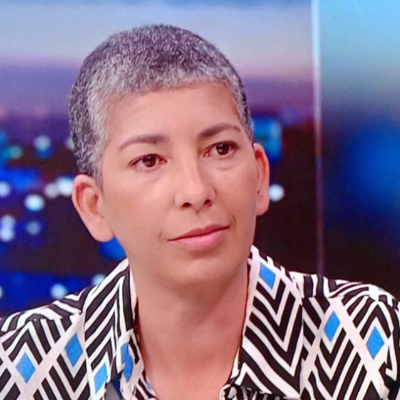
Karina Carvalho
Executive Director of Transparency International Portugal, the Portuguese chapter of Transparency International (TI), where she also serves on the Membership Accreditation Committee. Graduated in Sociology at the University of Coimbra, she continued her advanced studies in Globalization, Development Cooperation, Migrations, Inter-Ethnicities, and Transnationalism and is now concluding a Master in African Studies at Iscte – University Institute of Lisbon. She worked as an expert in HRM and Human Capital and developed consultancy projects in many different fields, from education and training to gender mainstreaming, organizational capacity building, internal communications, social responsibility, corporate governance, and entrepreneurship, for companies and NGOs in Portugal and Angola
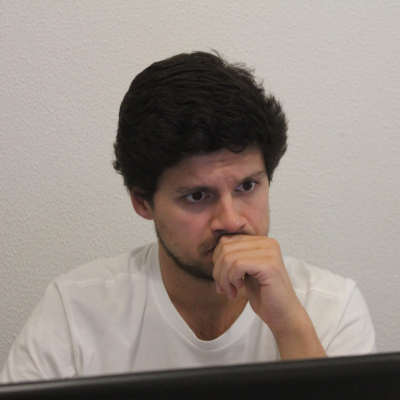
Martim Agarez
Project & Finance Officer at TI Portugal. BSc in Economics and MSc in Management from Nova School of Business and Economics (Nova SBE). Professional with a diversified path and having performed roles in different fields such as Procurement, People Management, Sales and CRM, Martim has been working with NGOs since 2016 and joined TI Portugal in 2017, as a Project Assistant.
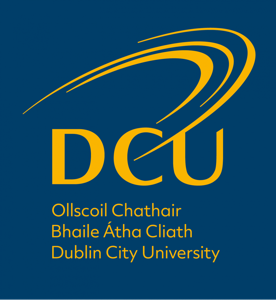
Dublin City University (DCU) is a Public University in Ireland offering more than 200 undergraduate and postgraduate programmes across its five faculties. DCU comprises over 16,000 students and over 650 staff members. 22% of DCU student population are international students representing over 110 different nationalities.
The School of Communications at DCU is home to almost 1,000 students and over 40 postgraduate research students at both MA/MPhil and PhD levels. It is also the location of a number of research centres/projects including FuJo (the Institute for Future Media and Journalism) and Celsius (a science, technology, environment and medicine research group).
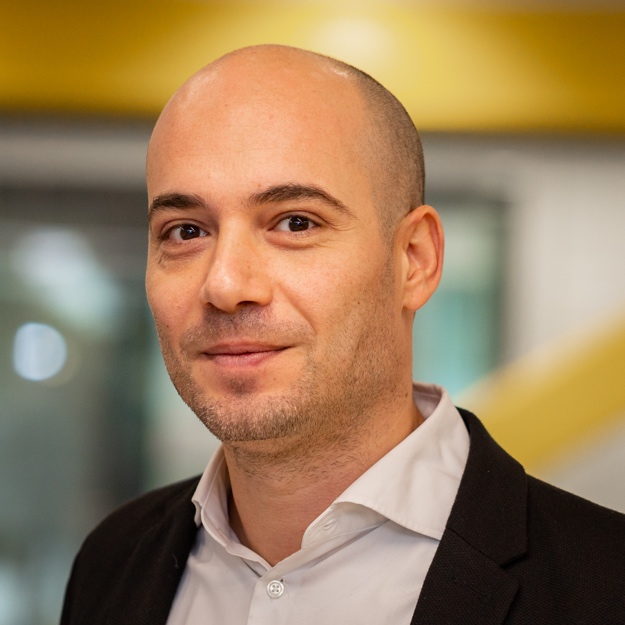
Alessio Cornia is Assistant Professor at Dublin City University and Research Associate at the Reuters Institute for the Study of Journalism, University of Oxford. His research interest is comparative research on political communication and journalism, with a focus on the relationship between media and politics, news industry developments, digital news, social media platforms, media coverage of corruption, and EU journalism. He is the DCU research team lead for the EU-funded project ‘CO.R.E.: COrruption Risk indicators in Emergency’ and Co-PI for the H2020 project ‘MEDIATIZED EU: Mediatized Discourses on Europeanization and Their Representations in Public Perceptions’. He was previously Research Fellow at the Reuters Institute and Researcher at the University of Perugia, where he completed a PhD in Social and Political Theory and Research. He has published a monograph on EU journalists in Brussels and several articles in academic journals including Media, Culture and Society, the International Journal of Press/Politics, the European Journal of Communication, Journalism, Journalism Studies, and the Journal of Risk Research.
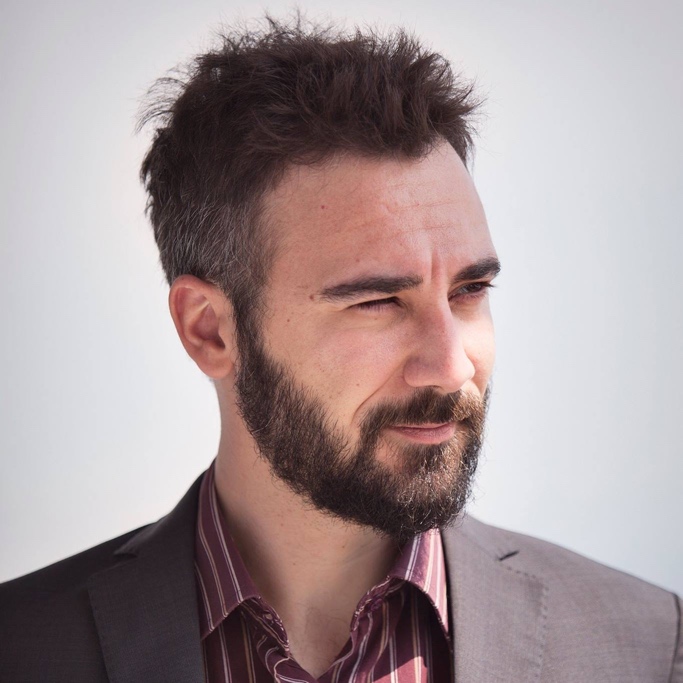
Dimitri Bettoni is a researcher and project coordinator at OBC Transeuropa and assistant researcher at the Dublin City University. He is a PhD candidate in journalism, security and surveillance, and his works focuses mainly on the intersection between journalism and the digital world. In Turkey, he worked as a correspondent for OBCT, the Italian daily newspaper Il Manifesto and Atlante, the online magazine of the Treccani encyclopedic institute. He is a founding member of the Foreign Media Association in Turkey.

